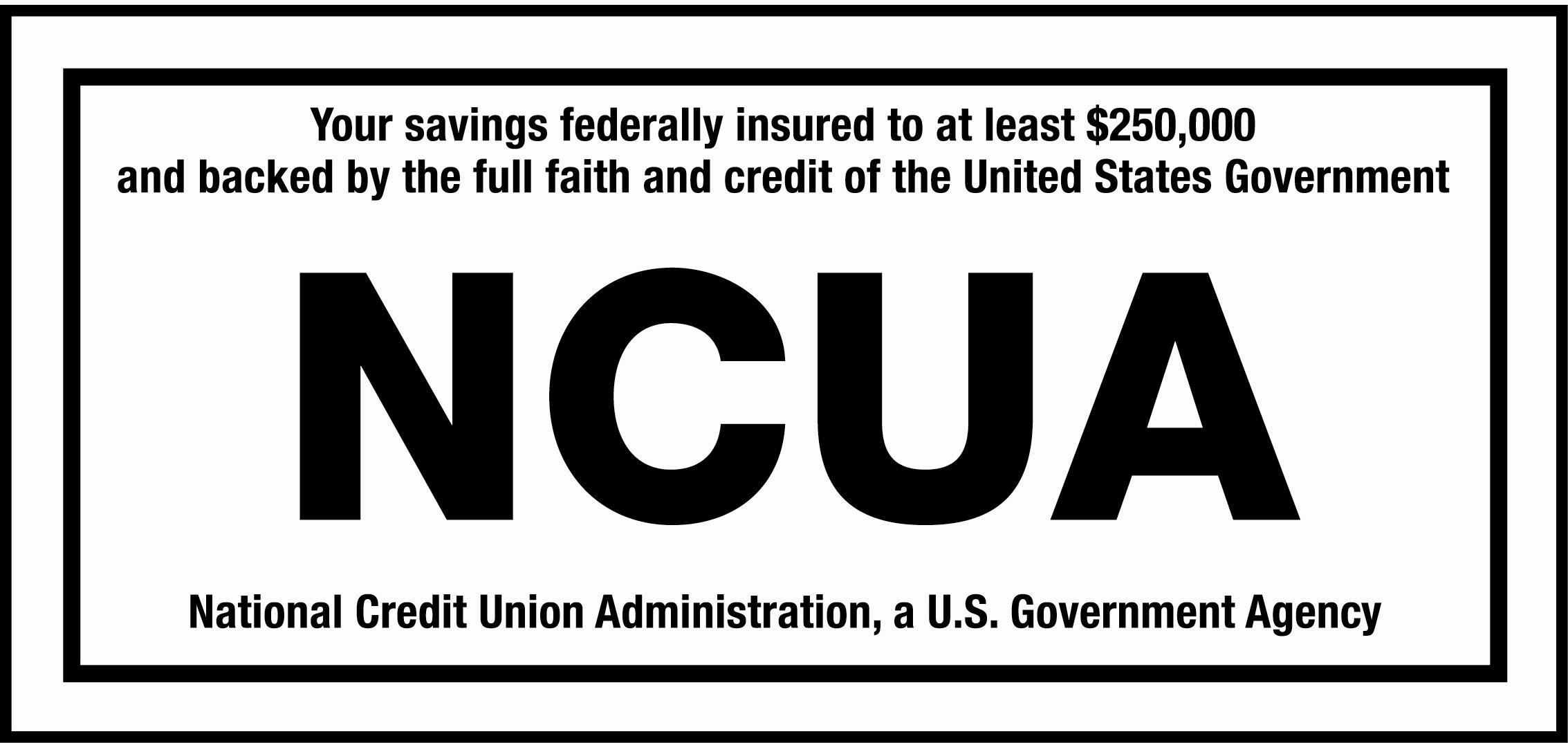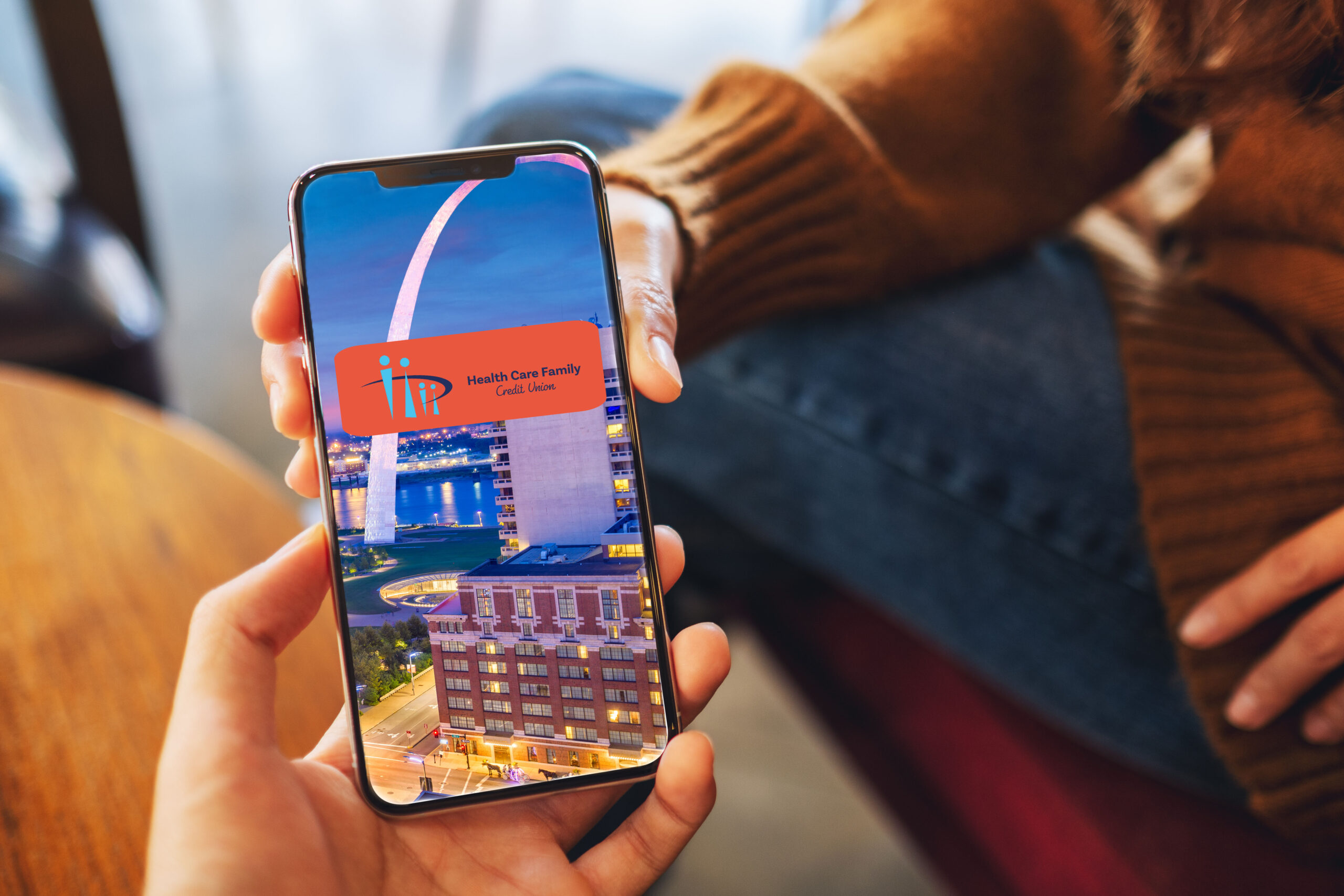Don’t Answer Calls From These Area Codes

Robocalls are the worst. Easily, one the most annoying inventions of the 21st century. Unfortunately, those phone calls can do a lot more than just disrupt dinner. Using sophisticated spoofing methods and dogged persistence, they can swindle unsuspecting targets out of hundreds or even thousands of dollars, using nothing but a phone.
Here’s what you need to know about phone scams and how to avoid them.
Traffic pumping
According to federal law, rural carriers are allowed to charge wireless and long-distance carriers higher fees for calls to local subscribers. To earn a quick buck, rural carriers partner up with chat lines, “free” conference call service providers and other numbers that are based overseas. Their goal is to artificially inflate call volume in the home area codes of rural carriers so they can bill the wireless and long distance companies tons of money and give the chat lines a kickback, too.
The bad news for private consumers is that their service provider will pass the higher costs on to them. The consumer often believes these calls are free – until the bill arrives.
Area code alert: The 712 area code and the 218 area code are infamous for traffic pumping.
The one-ring scam
In this ruse, scammers use robocalling technology to call wireless numbers and hang up after one ring. The scammers are hoping the target will be curious and careless enough to return the call. If they do, they’ll likely be calling a number in the Caribbean, which can cost them up to $30 a minute. A prevalent one-ring scam that originates in Japan brings that cost up to $50 a minute!
Whenever you receive a call from an unfamiliar number, it’s best to let it go to voicemail instead of picking up.
Area code alert: The FTC warns consumers about returning one-ring calls from these area codes:
- 268
- 284
- 473
- 664
- 649
- 767
- 809
- 829
- 849
- 876
When an unfamiliar number comes up on your phone screen, you’re better off waiting for a voicemail to determine if you have a legitimate caller before calling back. You can also Google the phone number to see if anyone has posted warnings about it being used for a scam.
Stay safe!



